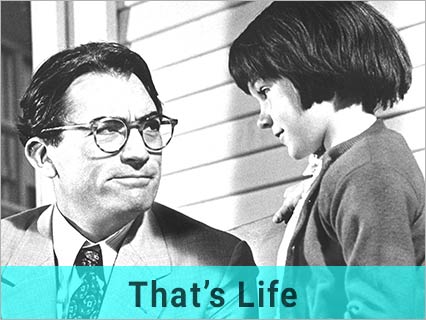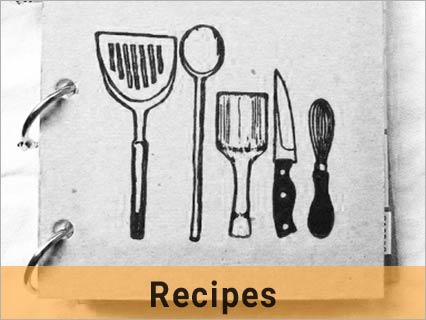Taking a canine look at the ageing process…
26 Aug 2024
Dear LPG,
I am one of the many older people who live alone, save for my four-legged friend. That is the second most popular name I use when referring to my pet. I am no Roy Rodgers, and he is no Trigger, but I think that, over the years, my dog has been a faithful friend to me, and I have no doubt that I am one of many pensioners who feel that way.
There are many varieties of four-legged friends, and while many older people prefer their cats, I have to say that my dog keeps me active, gives me a reason to take more than one daily walk, and allows me to talk at home without constantly feeling as if I am talking to myself.
Many other LPG readers would say the same. But I had a good look at him the other day, and I realised something. Like me, he is getting on.
In the same way that many of us see ourselves as not having changed that much when we look in the mirror each day, it can be challenging to know the ageing process that our dogs are going through.
Unless obvious pain or another health condition reminds us, we tend to do our best to overlook many of the details. And the way that we see our dogs can often be quite similar. Then, one day, something you cannot ignore brings the hard fact home to you. He is not as perky as usual, or you notice that he has a bit of a limp, and you realise that he, too, is getting on.
The obvious thing to do is take him to the vet, but I found a few videos that will help us remember that he might benefit if we adapt our care regime. I have shared this because, although I have covered many of the suggested hints, I have found a few online ideas that might improve his quality of life.
I hope that sharing them will remind readers that not only humans need to adapt to old age…
OD, Blackheath
OD shares what the internet taught him…
…and LPG adds some information on today’s celebration…







